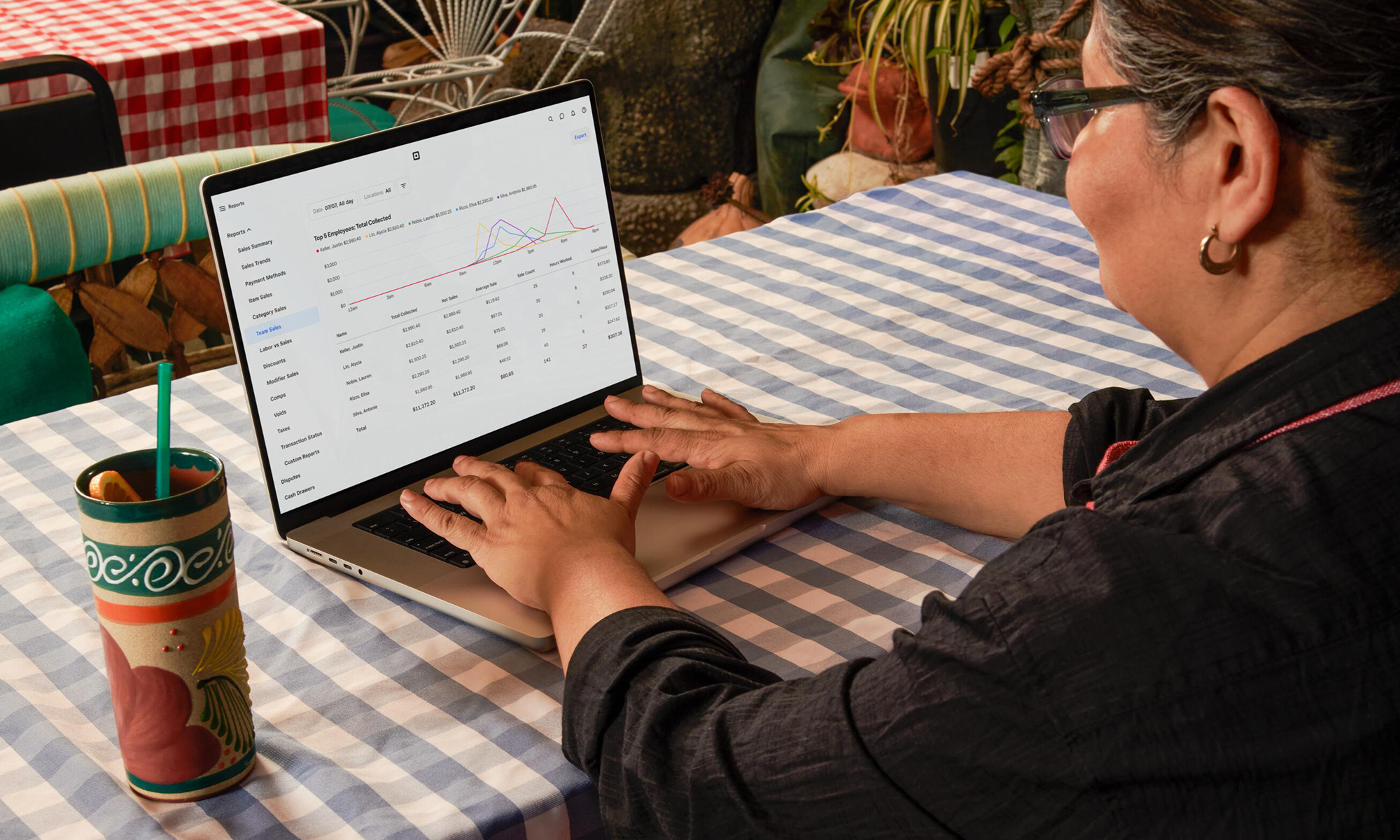Many tech stocks have been slammed recently as the Nasdaq has given up most of its gains year to date. This decline has caused a good number of investors to flee tech stocks, but some babies clearly have been thrown out with the bathwater. Let's examine three high-growth tech stocks that investors should consider buying during the market downturn: Twilio (TWLO 3.82%), Square (SQ 1.83%), and Baozun (BZUN +4.27%).

Image source: Getty Images.
A disruptive cloud services provider
Twilio's cloud platform handles text messages, phone calls, videos, and other integrated features for mobile apps. Developers once coded those features from scratch, which was buggy, time-consuming, and tough to scale. But with a few lines of code, app developers can now simply outsource those services to Twilio's cloud platform.
Twilio has a first-mover's advantage in this market and serves huge customers like Facebook. That "best in breed" reputation gives it an edge against smaller rivals like Vonage's Nexmo and Bandwidth.
Twilio's revenue surged 68% year over year to $169 million last quarter, marking its strongest growth since its IPO two years ago. The ongoing expansion of its ecosystem -- as seen with its planned purchase of SendGrid -- should lock in customers, widen its moat, and help Twilio evolve into a more diversified cloud-services company.
Twilio also generated non-GAAP earnings of $0.07 per share during the quarter compared to a loss of $0.08 a year earlier. Analysts expect the company's revenue and earnings to rise 31% and 46%, respectively, next year. Twilio's stock isn't cheap at 10 times next year's sales, but the company still has plenty of room to grow.
A high-growth play on a cashless society
Square sells a wide range of credit card processing hardware which includes card-reading dongles for smartphones, a dock for iPads, and stand-alone credit card reading systems. Those devices are cheaper than traditional POS (point of sale) systems and are tethered to Square's ever-expanding ecosystem of cloud services for analytics, payroll management, inventory tracking, customer relationship management, website creation, food deliveries, and other features. Square also offers financing for small businesses and consumer-facing peer-to-peer payments through its Cash App.

Square Register. Image source: Square.
Square generates most of its revenue through transaction fees. But a growing percentage of its GAAP revenue -- 19% last quarter -- derive from its subscriptions and services, which lock in customers and widen its moat against rivals like PayPal.
Square's adjusted revenue surged 68% during the third quarter against the comparable period and its adjusted earnings per share (EPS) leaped 86%. Square's stock dipped after its earnings report as its EPS guidance for the fourth quarter missed expectations. However, I think Square simply sandbagged its guidance (as it has done in previous quarters).
Square actually raised its full-year guidance with a forecast for 59%-60% growth in adjusted revenue and 67%-70% growth in adjusted earnings; so it still looks like a solid growth stock. Square isn't cheap at nearly 90 times forward earnings, but it remains an essential long-term play on a cashless society.
An oft-overlooked Chinese e-commerce play
Baozun is a Chinese e-commerce services company that provides digital storefronts, marketing campaigns, customer-relationship services, payment and logistics services, and more for a wide range of businesses. Its dominant position as the "one-stop shop" for digitizing a business makes it a well-rounded way to profit from the growth of China's booming e-commerce market without investing in a single e-tailer.
Last quarter, Baozun's total number of brand partners -- which already included big companies like Nike -- rose 18% over the prior year, to 172, as its GMV (gross merchandise volume) jumped 55%, to 6.36 billion Chinese renminbi (RMB), or $920 million. Baozun's ongoing shift from distribution-based GMV, where a company takes possession of products sold on its platform, toward non-distribution-based GMV, which lets vendors directly sell products to customers, also boosted its adjusted operating margin 90 basis points versus the third quarter of 2017, to 5.5%.

Image source: Baozun.
Baozun's revenue and non-GAAP net income rose 25% and 47%, respectively, during the last three months versus the prior year. For the fourth quarter, the company expects its revenue to rise 41%-44% year over year in RMB terms, which would represent its strongest growth in three years.
Analysts expect Baozun's revenue and non-GAAP earnings to expand 33% and 58%, respectively, next year -- which are stunning growth rates for a stock that trades at just 21 times forward earnings.








